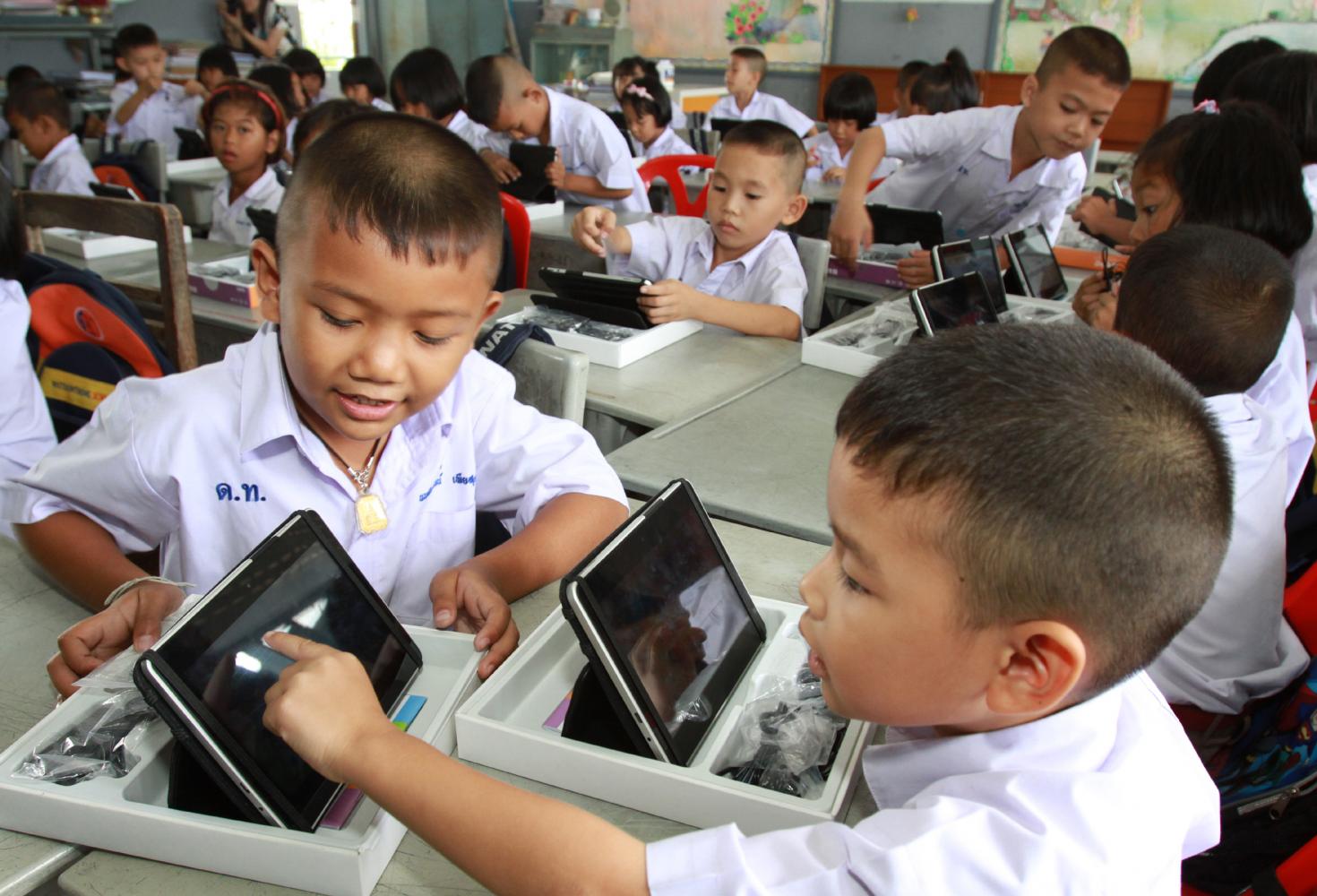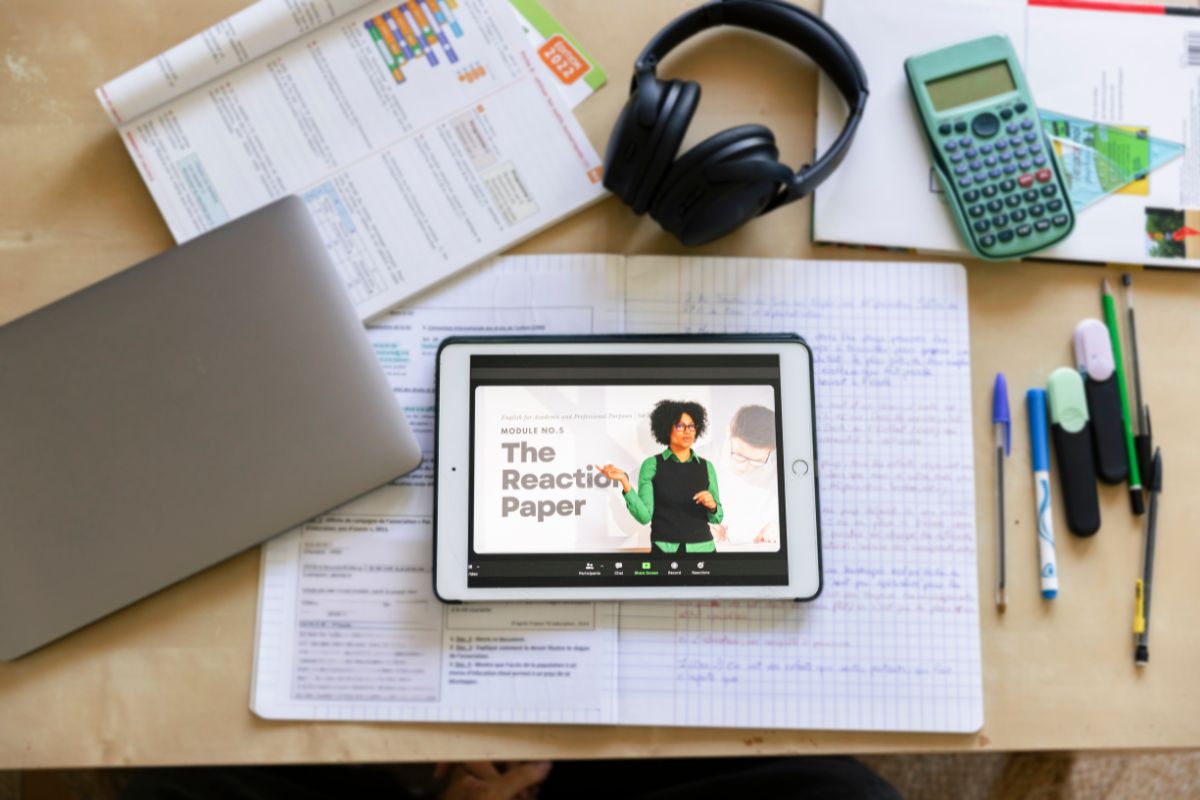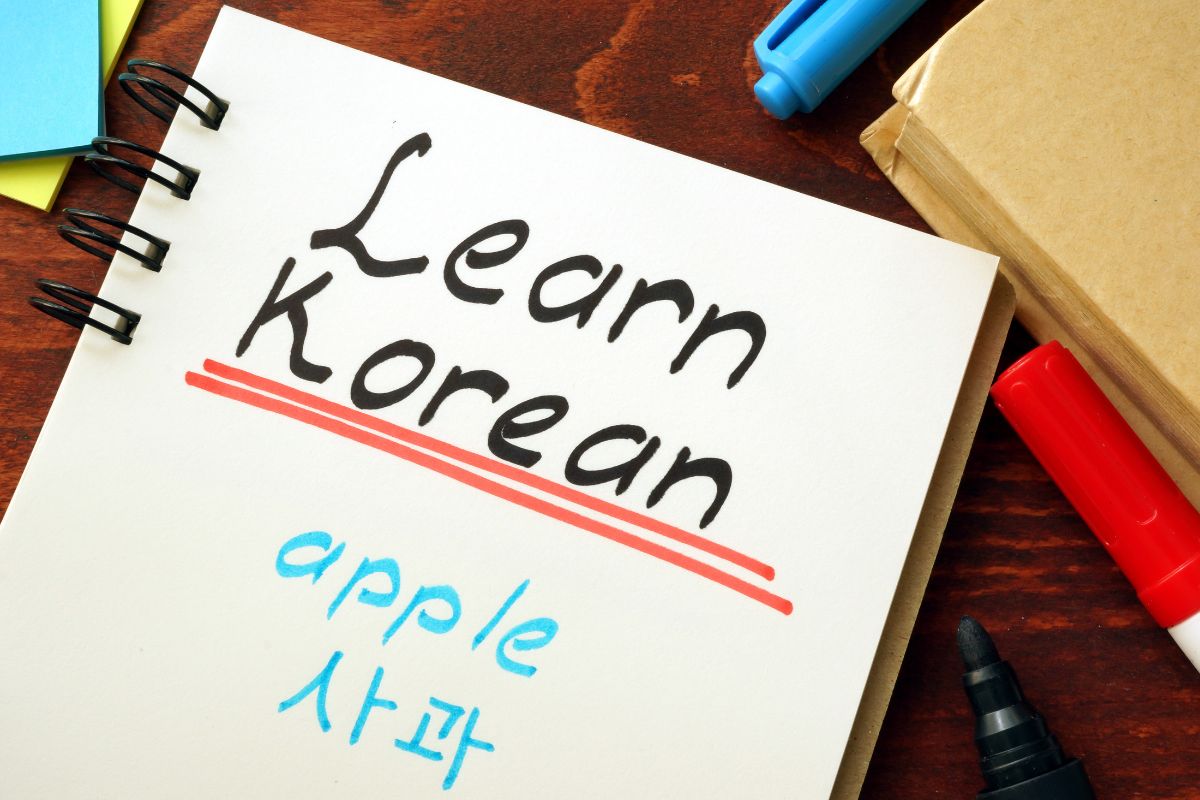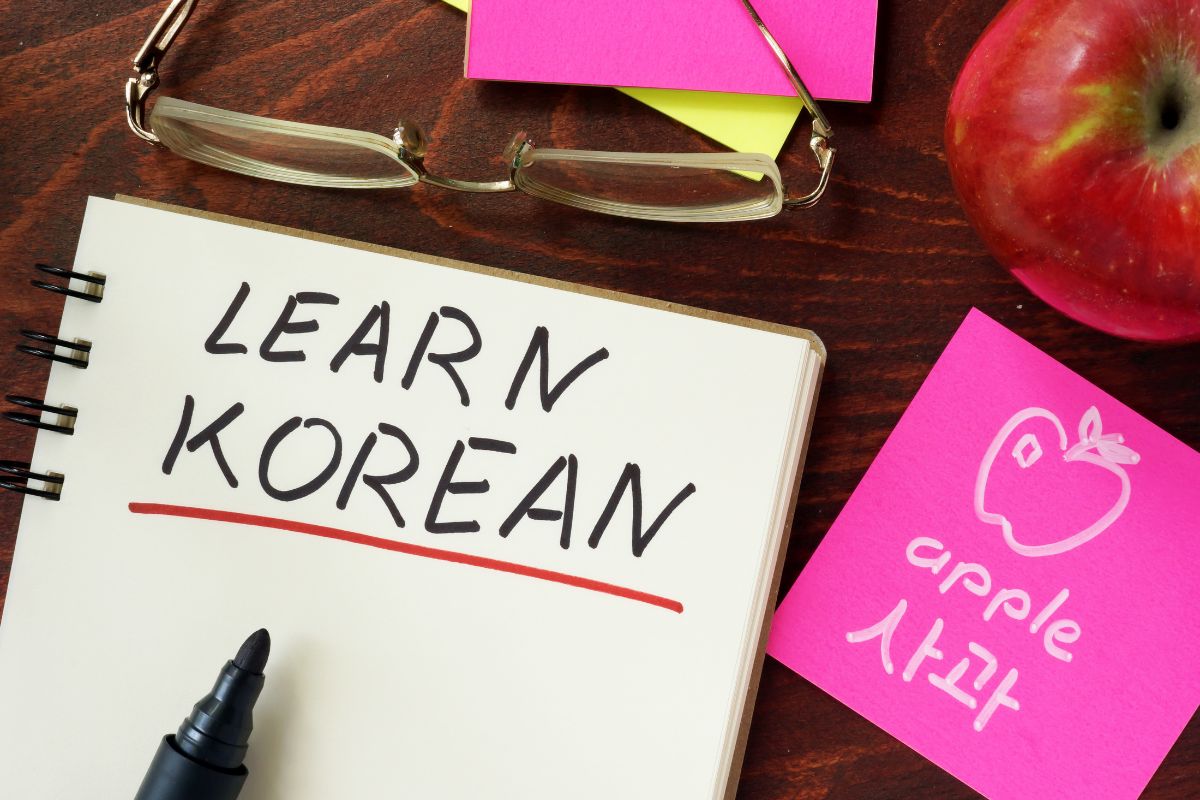
The Thai education system has been a subject of much debate and analysis over the years, with the country striving towards attaining a level of education quality that would give its students a competitive edge internationally. This has resulted in a series of modernisation and restructuring interventions in Thailand's education model that provide essential lessons for improving student learning outcomes globally. These endeavors have been well documented, particularly through Bangkok Prep's insights on enhancing student outcomes, which highlight effective strategies and best practices within the Thai education system.
Thailand's Commitment to Education
Thailand is an epitome of national commitment to education, with the government allocating a significant portion of its annual budget to this sector. Education in Thailand is free and mandatory for 12 years, beginning at the age of six. This demonstrates a commendable commitment to education that other nations can emulate.
Revamping of the Curriculum
The Thai education system prides itself on a revised curriculum that focuses on the holistic development of students. Not only does the curriculum equip students with academic knowledge, but it also focuses on developing students' physical, emotional, social, and intellectual well-being. This is achieved through an integrated approach to education that encourages active learning, critical thinking, and problem-solving. What stands out in this model is the shift from rote learning to a more student-centered approach, a lesson that other education systems could borrow from to improve their learning outcomes.
Teacher Development and Training
Essentially, the role of teachers in student learning outcomes can never be understated. In Thailand, the teacher development and training system has been overhauled to allow for intensive pre-service and in-service training. This guarantees competent teachers equipped with the pedagogical skills necessary for the changing learning needs of students. Moreover, teachers are viewed as potential change agents in the society whose partial role is to cultivate values and attitudes essential to social, political, and economic development. The focus on cultivating high-quality teachers is, undeniably, a worthy practice that can significantly improve student learning outcomes.
Using Technology to Enhance Learning

The integration of technology in education has become a global trend, and Thailand is not left behind. With the advent of the 21st century, the country has witnessed a consistent incorporation of Information and Communication Technology (ICT) in the teaching and learning process. This has significantly enhanced the delivery of education by breaking the traditional confines of classroom learning, thus encouraging interactive learning.
Importantly, the digital age has necessitated the need for students to acquire skills and competencies for the digital economy and Thailand's education is doing well in keeping pace. Bangkok prep's insights on enhancing student outcomes demonstrate that the use of digital tools contributes significantly to student engagement, collaboration, and overall academic performance. A focus on digital literacy and competency can considerably improve the quality of learning outcomes.
Provision of Supportive Learning Environments
The Thai education system's student-centered approach prioritizes creating environments where students feel supported and engaged in their learning journey. This involves not only improving and maintaining school facilities to ensure they are safe, comfortable, and conducive to learning, but also fostering a positive and nurturing atmosphere that encourages student participation and well-being. Schools are equipped with up-to-date educational materials and resources, enabling teachers to deliver more effective and engaging lessons.
Community and Parental Involvement
A critical element of Thailand's approach to education is the active involvement of communities and parents in the learning process. The Thai education system encourages parents to participate in school activities, attend meetings, and engage with teachers to monitor their children's progress. This collaborative effort fosters a supportive environment where students are motivated to excel. By promoting a strong partnership between schools, families, and communities, Thailand ensures that students receive the necessary support both at school and home. Other countries can learn from this approach to create a more inclusive and supportive educational ecosystem.
Inclusive Education for All
Thailand has made significant strides in promoting inclusive education, ensuring that all students, regardless of their backgrounds, have access to quality education. The government has implemented policies and programs to support students with disabilities, those from minority groups, and those in remote areas. Inclusive education in Thailand emphasizes equal opportunities for all learners, addressing barriers that may hinder their academic success. By embracing diversity and promoting equity in education, Thailand's inclusive approach serves as a valuable model for other nations striving to improve student learning outcomes.
Final Thoughts
The improvements in student learning outcomes in Thailand are a testament to a series of comprehensive and well-implemented educational reforms. They reflect a commitment to improving access and quality of education by revamping curriculum, investing in teacher development, integrating technology in learning, and providing supportive learning environments. Borrowing from these insightful practices may prove useful in enhancing student learning outcomes in other education systems worldwide.
With a wide network of school partners, Flying Chalks is always willing to lend a hand in helping students study in Thailand. From securing a spot for you at your desired school to settling your Student VISA and accommodation, our education experts will help you from start to finish, free-of-charge, without needing you to worry! We also have a multilingual team to assist our students should they encounter any problems.
Sign up now for a Free Consultation by filling up the Enquiry form above.









